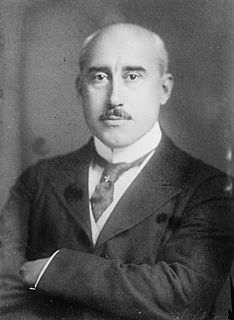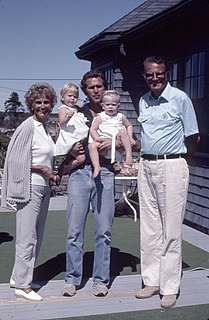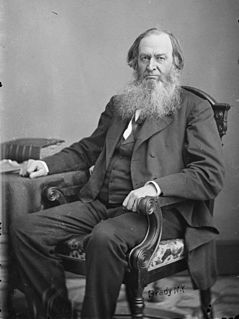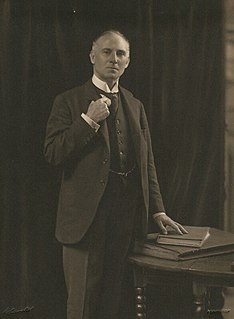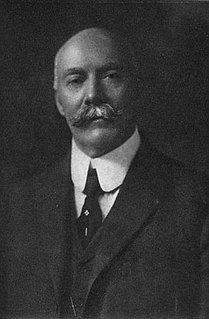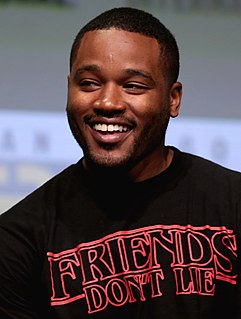A Quote by John Kendrick Bangs
I like the man who takes the stones Upon his rocky road With smiling lips instead of groans, Whate'er his heavy load Who seizes each as on he goes, And neatly crumbles it, And turns his share of pebbly woes To stores of inner grit.
Related Quotes
Dear God, I prayed, all unafraid (as we're inclined to do), I do not need a handsome man but let him be like You; I do not need one big and strong nor yet so very tall, nor need he be some genius, or wealthy, Lord, at all; but let his head be high, dear God, and let his eye be clear, his shoulders straight, whate'er his state, whate'er his earthly sphere; and let his face have character, a ruggedness if soul, and let his whole life show, dear God, a singleness of goal; then when he comes (as he will come) with quiet eyes aglow, I'll understand that he's the man I prayed for long ago.
Sean reaches between us and slides a thin bracelet of red ribbons over my free hand. Lifting my arm, he presses his lips against the inside of my wrist. I'm utterly still; I feel my pulse tap several times against his lips, and then he releases my hand. "For luck," he says. He takes Dove's lead from me. "Sean," I say, and he turns. I take his chin and kiss his lips, hard. I'm reminded, all of a sudden, of that first day on the beach, when I pulled his head from the water. "For luck," I say to his startled face.
Understand me: I wish to be a man from somewhere, a man among men. You see, a slave, when he passes by, weary and surly, carrying a heavy load, limping along and looking down at his feet, only at his feet to avoid falling down; he is in his town, like a leaf in greenery, like a tree in a forest, argos surrounds him, heavy and warm, full of herself; I want to be that slave, Electra, I want to pull the city around me and to roll myself up in it like a blanket. I will not leave.
Under the spreading chestnut tree The village smithy stands; The smith, a mighty man is he, With large and sinewy hands; And the muscles of his brawny arms Are strong as iron bands. . . . He earns whate'er he can, And looks the whole world in the face, For he owes not any man. . . . Toiling,-rejoicing,-sorrowing, Onward through life he goes; Each morning sees some task begin, Each evening sees it close; Something attempted, something done, Has earned a night's repose.
Ideas are powerful things, requiring not a studious contemplation but an action, even if it is only an inner action. Their acquisition obligates each man in some way to change his life, even if it is only his inner life. They demand to be stood for. They dictate where a man must concentrate his vision. They determine his moral and intellectual priorities. They provide him with allies and make him enemies. In short, ideas impose an interest in their ultimate fate which goes far beyond the realm of the merely reasonable.
A man who gives way to his passions is like a man who is shot by an enemy, catches the arrow in his hands, and then plunges it into his own heart. A man who is resisting his passions is like a man who is shot by an enemy, and although the arrow hits him, it does not seriously wound him because he is wearing a breastplate. But the man who is uprooting his passions is like a man who is shot by an enemy, but who strikes the arrow and shatters it or turns it back into his enemies heart.
He saw on the paper a picture of a man, white-skinned, who hung upon a crosspiece of wood. The man was without clothes except for a bit about his loins, and to all appearences he was dead, since his head drooped upon his shoulder and his eyes were closed above his bearded lips. Wang Lung looked at the pictured man in horror and with increasing interest.
From high Meonia's rocky shores I came, Of poor decsent, Acoetes is my name, My sire was measly born: no oxen ploughed, His fruitful fields, nor in his pastures lowed, His whole estate within the waters lay' With lines and hooks he caught the finny prey; His art was all his livelehood, which he Thus with his dying lips bequeathed to me: In streams, my boy, and rivers take thy chance; There swims', said he, Thy whole inheritance.
